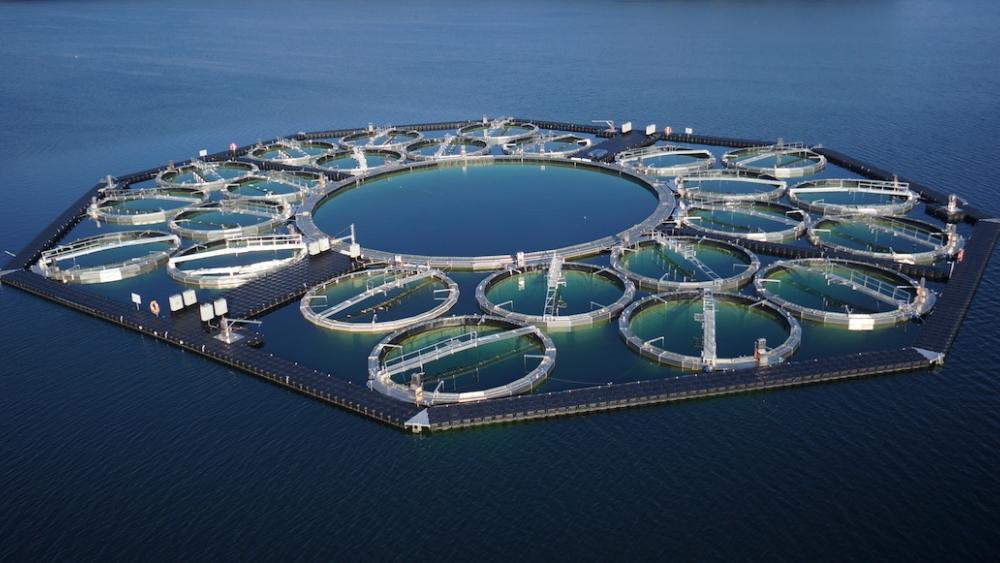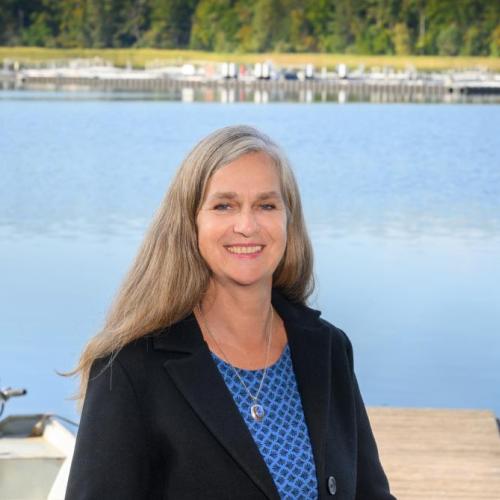AQUACOSM
Short profile
Duration

Also the lake-lab in the Stechlinsee is part of the AQUACOSM network. | Photo: HTW Dresden/ Oczipka
Even though freshwaters and oceans are connected and it’s becoming evident that ecosystem processes act on a global scale, aquatic research is still divided in marine and freshwater sciences. As a result, projects do not cooperate sufficiently internationally, experimental research is often too local, and potential sources of funding are not developed.
The AQUACOSM project is designed to provide a remedy for this by setting up an integrated, international network of experimental infrastructures by scientists from both freshwater and marine research. This will serve a better coordination of future research projects, joint developing of best practices and opening of the mesocosms of both fresh water and marine research institutes for international, interdisciplinary cooperation. Mesocosms are filled with large volumes of natural water so it can be experimentally manipulated. In this way individual and combined effects of different stressors on whole ecosystems can be recorded over weeks to years. This method is currently the most realistic way to study effects of future environmental changes on aquatic ecosystems. The results obtained are compared with predictions from long-time data series and models. From the combination of the different approaches, conclusions can be derived for the effective future management of our waters.
AQUACOSM also offers the opportunity to study the effects of stressors in different climatic and geographic zones of Europe, ranging from the Arctic to the Mediterranean, from alpine mountains to flat coastal regions. The 37 experimental infrastructures located at 19 of of the 21 partner institutions in the AQUACOSM project are diverse and include tank systems and gutters such as in Lunz am See (Austria) and large free-floating open-ocean facilities, e.g. the Kiel Offshore Mesocosms (KOSMOS). With its unique dimension (24 mesocosms of 1,270 m3 each), the lake-lab in the Stechlinsee can also set a new benchmark in experimental fresh water research.
Please, note that the follow up project AQUACOSM-plus will run until 31.03.2024, this present AQUACOSM-project is running in parallel, until 31.12.2020 (potentially until 31.08.2021 pending a no-cost extension proposal).
European Union’s Horizon 2020 Programme







